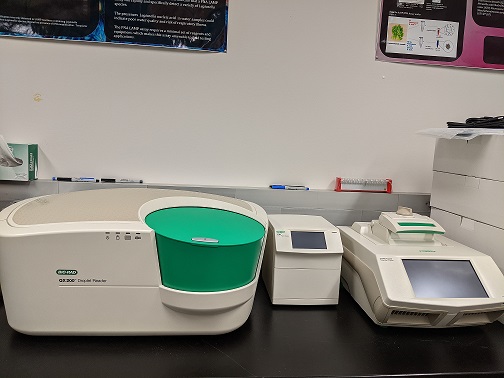Students, staff and community members may be confused about NMU’s initiative to test Marquette wastewater for the COVID-19 virus. It may even inspire fear for those who are unaware of the process and intent of the testing. Upon researching the initiative, the many benefits of this action became apparent.
First of all, it is important to note that we do not need to be concerned about contracting COVID-19 from wastewater. Some may think that the virus can spread through water and into other homes, but this is not true.
“There is no information to date that anyone has become sick with COVID-19 because of direct exposure to treated or untreated wastewater,” according to the CDC.
The purpose of wastewater testing is to monitor the rates of COVID-19 infection in the community, and given the crucial nature of tracking the virus during this pandemic, NMU’s decision to participate in the initiative is a good way to keep our best interests as students in mind. There are a lot of unknowns about COVID-19 and how it spreads, so it certainly makes sense to be monitoring everything we can.
“Dr. Michael Osterholm, director of the Center for Infectious Disease Research and Policy at the University of Minnesota, stated on national television last Sunday (Oct. 18) that the next 6-12 weeks are going to be ‘the darkest of the entire pandemic,’” President Erickson informed the student body in an email on Oct. 22. “ I’d like to tell you for certain that the prediction doesn’t apply to NMU, but that would not be wise. While Northern’s COVID-19 cases are relatively low, they are increasing.”
Anything we can do to avoid such a dark situation is helpful. Anytime that we can get more information or results of COVID-19 during the pandemic, this can only help us mitigate the damage and end the pandemic sooner. Many people are tired of taking this pandemic seriously, so it is necessary to continue monitoring the pandemic as it progresses.
This COVID-19 monitoring project is not just at NMU—it is a state funded project that is happening at multiple universities across Michigan and that shows how important and valuable the data they are collecting is. The project also involves students who will participate in gathering the data. It is also a great way for students in the lab to become involved in public health and use some pretty cool equipment. Students who work in this field will be able to have hands-on experience working with equipment that could potentially save lives.
Using wastewater, we are able to tell where specific sites of the outbreak are, and this is an exciting prospect. Cutting-edge technology is being used to find traces of the virus in the community’s waste which can all be tracked back to the specific sewage/sewer pathways, and ideally this could even be used to identify specific dorms in NMU where the virus could be present. Using this, students (and other community members) would be notified and able to quarantine themselves perhaps even before they were aware they were carriers of the virus.
Additionally, the wastewater testing “could be an early warning system for virus spread or outbreaks,” according to an NMU press release.
Editor’s Note: The North Wind is committed to offering a free and open public forum of ideas, publishing a wide range of viewpoints to accurately represent the NMU student body. This is an editorial, written by the North Wind Editorial Board in its entirety. It reflects the majority views of the individuals who make up the editorial staff of the North Wind. It is the policy of the Editorial Board not to endorse candidates for any political office, in order to avoid aligning this public forum with particular political organizations.






























